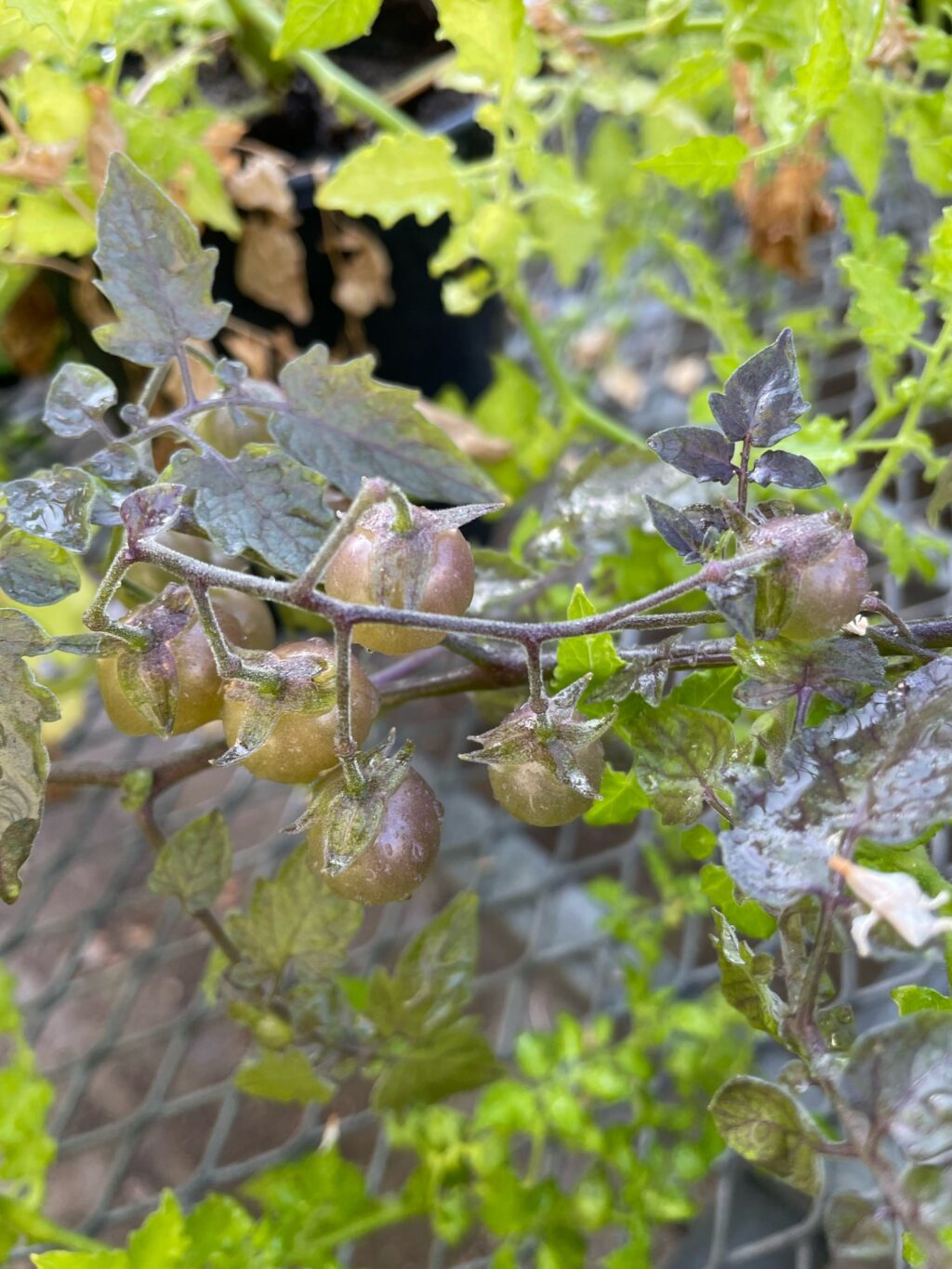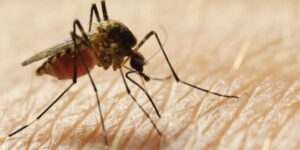
On the younger, volcanic islands of the Galápagos archipelago, wild-growing tomatoes are exhibiting a remarkable phenomenon. These plants are reverting to a primitive genetic state, shedding millions of years of evolution to resurrect ancient chemical defenses. This unexpected development has been described by scientists at the University of California, Riverside, as a possible case of “reverse evolution,” a term that is often contentious among evolutionary biologists.
The study, recently published in Nature Communications, reveals that these tomatoes, descended from South American ancestors likely transported by birds, are producing a toxic molecular cocktail unseen for millions of years. This cocktail resembles compounds found in eggplants rather than modern tomatoes. Such a reversal challenges the conventional understanding of evolution as a linear progression towards adaptation.
Understanding the Genetic Reversion
According to Adam Jozwiak, a molecular biochemist at UC Riverside and lead author of the study, “It’s not something we usually expect, but here it is, happening in real time, on a volcanic island.” The key players in this chemical reversal are alkaloids—bitter molecules that act as natural pesticides, deterring insects, fungi, and grazing animals.
While the Galápagos are known for their unique fauna with few predators, plants face different challenges. The need to produce alkaloids in such an environment is significant. The researchers embarked on this project to understand alkaloid production better, as these compounds can be toxic to humans in high concentrations.
The Role of Alkaloids
What makes these Galápagos tomatoes particularly intriguing is not just their alkaloid production but the type of alkaloids they are producing. On the eastern islands, tomatoes produce the same alkaloids found in modern cultivated varieties. However, on the younger, western islands, the tomatoes are producing a different version, with a molecular fingerprint akin to eggplant relatives from millions of years ago.
“The environment on the newer islands may be driving this reversal. It could be that the ancestral molecule provides better defense in the harsher western conditions,” Jozwiak explained.
The Science Behind the Switch
The researchers discovered that changing just four amino acids in a single enzyme was sufficient to alter the molecule’s structure from modern to ancestral. This finding was confirmed by synthesizing the genes coding for these enzymes in the lab and inserting them into tobacco plants, which then produced the ancient compounds.
Geography plays a crucial role in this phenomenon. Tomatoes on the eastern, older islands, which are more stable and biologically diverse, maintain modern alkaloid production. In contrast, those on the barren, less developed western islands have adopted the older chemistry.
Implications for Evolutionary Biology
The concept of “reverse evolution” is controversial, as evolution is typically viewed as a one-way process. However, the reappearance of old traits has been documented in other species, such as snakes and fish, though rarely with such chemical precision.
“Some people don’t believe in this,” Jozwiak said. “But the genetic and chemical evidence points to a return to an ancestral state. The mechanism is there. It happened.”
This study suggests that evolution may be more flexible than previously thought. If such changes can occur in tomatoes, they could theoretically happen in other species, including humans, given sufficient environmental changes over time.
Looking Ahead
Jozwiak doesn’t study humans, but he acknowledges the broader implications of the study. The idea that evolution can reach into the past to move forward is significant. Traits long lost can re-emerge, and ancient genes can reawaken. This knowledge could have practical applications, such as engineering new medicines, designing better pest resistance, or producing less toxic crops.
“If you change just a few amino acids, you can get a completely different molecule,” Jozwiak noted. “Understanding how nature does it is a step towards harnessing these processes for human benefit.”
The research continues to explore the potential of these findings, offering a glimpse into the complex and dynamic nature of evolution. As scientists delve deeper, the Galápagos tomatoes may yet reveal more secrets about the adaptability and resilience of life.







